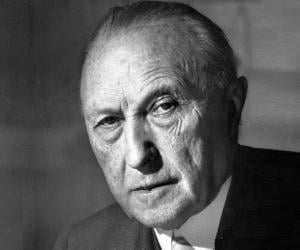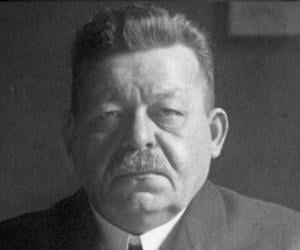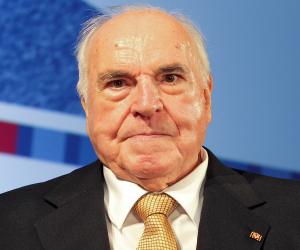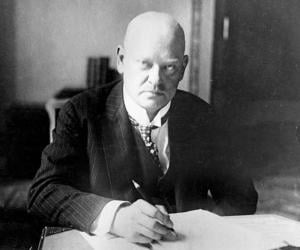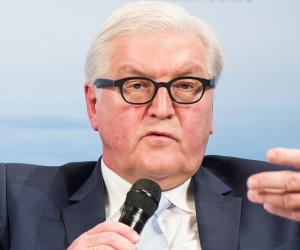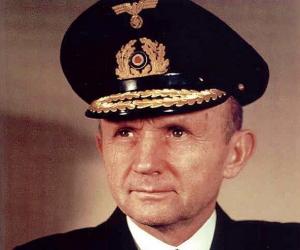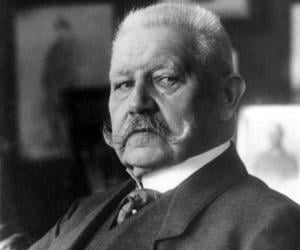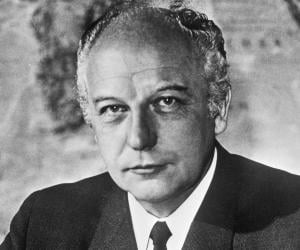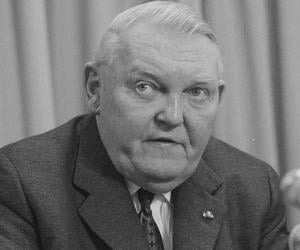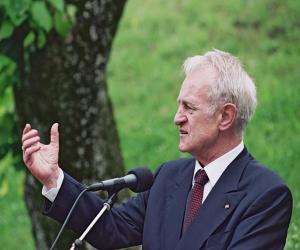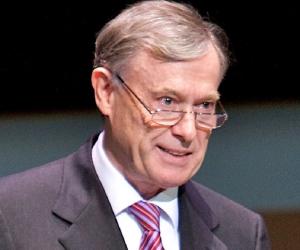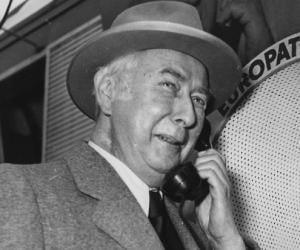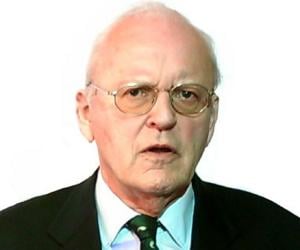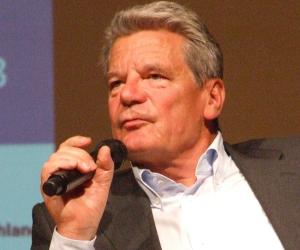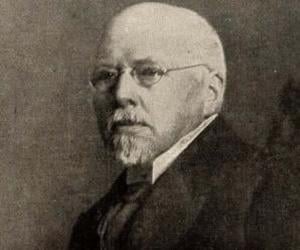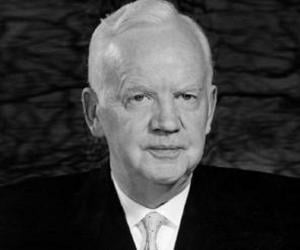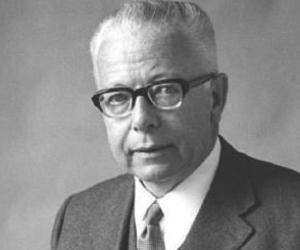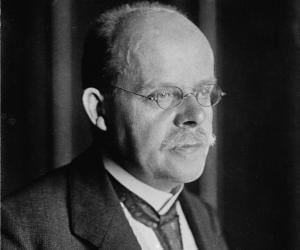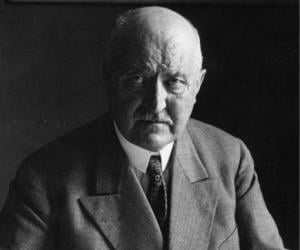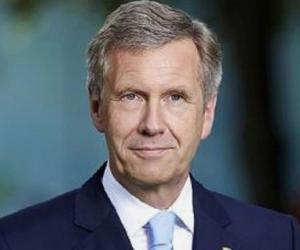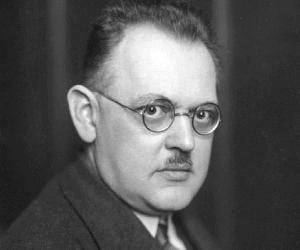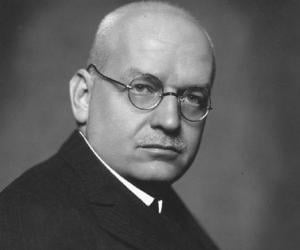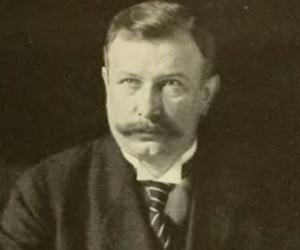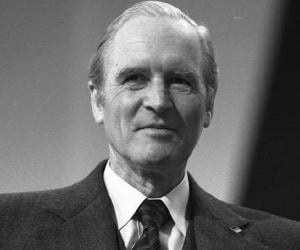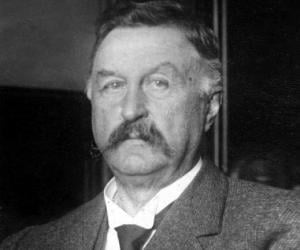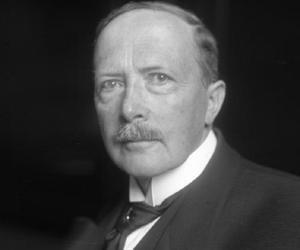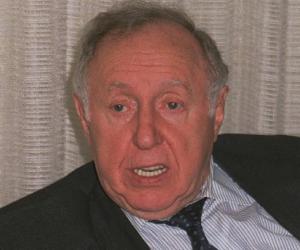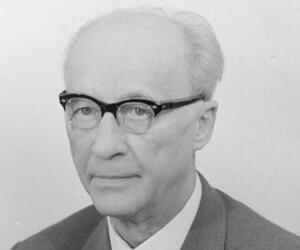1
Konrad Adenauer
(Former Chancellor of Germany)
Birthdate: January 5, 1876
Sun Sign: Capricorn
Birthplace: Cologne
Died: April 19, 1967
Konrad Adenauer was a German statesman and the first chancellor of the Federal Republic of Germany from 1949 to 1963. He was also the first leader of the Christian Democratic Union (CDU) from 1946 to 1966. Adenauer played a key role in rebuilding the West German economy after World War II and establishing it as a stable and prosperous nation. He focused on strengthening international relations, particularly with France, the United Kingdom, and the United States, and was a driving force behind the re-establishment of national military forces and intelligence services in West Germany. Adenauer's anti-communist stance and commitment to European unity were evident in his foreign policy decisions, such as joining NATO and signing the Treaty of Rome in 1957.
